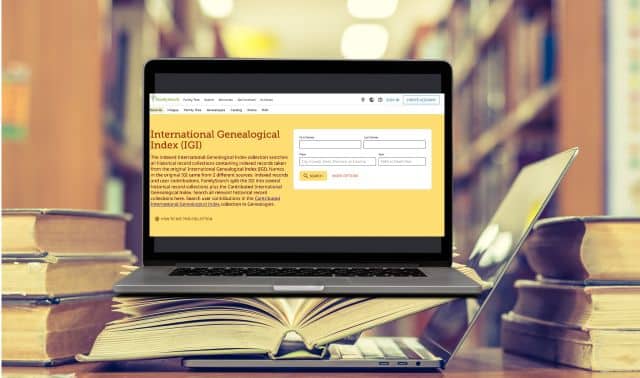The best genealogy toolbox for you depends on your needs: How computer-savvy are you? Do you need to access your research tools from more than one computer? Do you want to share them with other researchers you’re collaborating with? Following are pros and cons for 10 genealogy toolbox options, with those requiring the least tech knowledge listed first. Once you figure out which toolbox is right for you, use the chart at https://www.familytreemagazine.com/article/feb-2012-tool-shopping-chart to see the tools you can use to complete your toolbox.
| Container | Description | Pros and Cons | Examples |
| Documents | Set up text files or word processing documents with copied-and-pasted URLs. | Pro: Easy to access and use. Portable on a flash drive or via email. Con: Difficult to organize, find and update items. |
your preferred word processing software |
| File manager applications | Create shortcuts to websites with the My Computer icon or Windows Explorer. | Pro: Easy to access and use. Con: Not portable—toolbox resides only on your computer. |
your preferred file management program (depends on your operating system, such as Windows or Mac) |
| Web browser | Make bookmarks or favorites in your web browser; categorize them using the Organize Bookmarks feature. | Pro: Easy to access and use. Con: Can be difficult to organize and find items. Not portable—bookmarks and favorites reside only on your computer. |
|
| Web browser home page | Set up an iGoogle or My Yahoo! page with “gadgets” such as notepads and a blog reader. | Pro: Easy to access, portable. Con: Requires Internet access. |
|
| Note-taking applications | Programs such as Evernote or OneNote let you clip and capture pages and URLs. | Pro: Easy to use and search. Smart phone app available. Con: Web-based applications require internet access. |
|
| Social bookmarking sites | Sites such as Diigo and StumbleUpon let you build and share a collection of bookmarks. | Pro: Free. Easy to access and search. Can share with others. Con: Requires internet access. Anyone can change content, depending on settings. |
|
| Blog or website | Use Blogger to create your own blog or Weebly to create a website to store and share your resources. | Pro: Free. Easy to create. Can share with others. Con: Time consuming to keep updated. Difficult to locate items unless you add a search function. |
|
| Wiki | Create a wiki—an online encyclopedia—of resources using free programs such as PBWorks, WikiSpaces or ZohoWiki. | Pro: Free. Easy to create. Can share and collaborate with others. Con: Requires Internet access. Anyone can change content, depending on settings. |
|
| Toolbar | Programs such as Meebo or Wibiya let you create a toolbar to store your content. Install the toolbar locally (on your computer) or publicly (on a blog or website). | Pro: Great visual appearance. Easy to use. Con: May be difficult to install and update. The toolbar sits at the bottom of a blog or website, out of a user’s sightline. |
|
| Online storage site | Almost any site where you can store data, such as Google Docs or Dropbox, can store your research resources. | Pro: Free. Easy to use and access. Can share with others. Con: Requires internet access. Anyone can change content depending on settings. |
From the February 2012 issue of Family Tree Magazine
More great genealogy resources from Family Tree Magazine:



